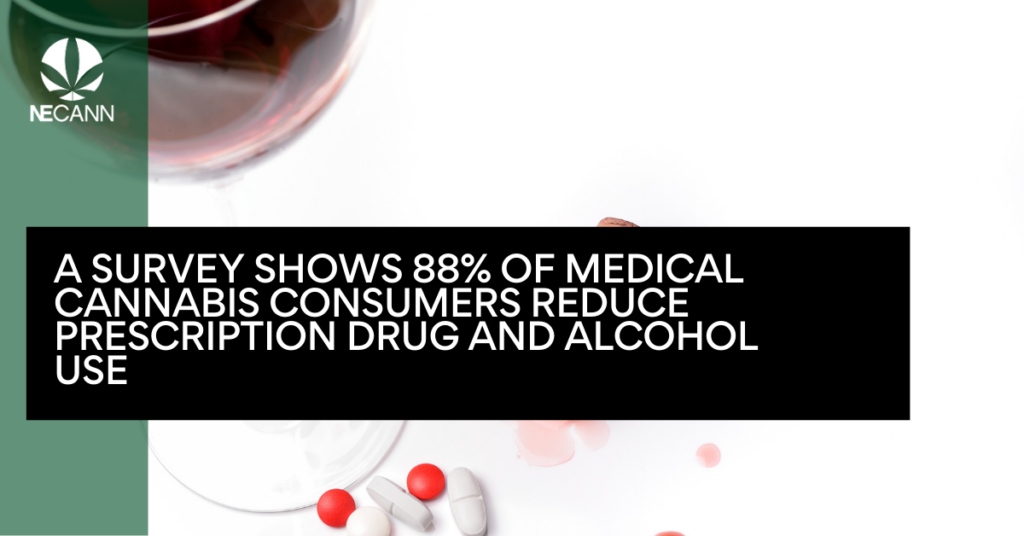In a survey by EO Care, Inc., 88% of medical cannabis users stated that using the drug had caused them to consume less alcohol, prescription medication, or both. In addition, 51% of respondents said they would be likely or very likely to use cannabis if it were available through their health plan, according to the survey of 1,027 Americans from states where it is legal for either medical or adult use. A significant 65% of respondents stated that they would feel more at ease using cannabis for medical purposes if a clinician had screened and dosed it. Notably, the top three reasons cited for consuming cannabis were anxiety, pain, and sleep.
This growing trend reflects the need for clinical guidance and the potential for employers to offer cannabis care as part of their health plans, potentially becoming progressive leaders in offering this important benefit. The survey’s findings underscore the need for increased medical cannabis guidance in a rapidly evolving landscape where millions of Americans are using cannabis for health reasons without clear guidance on product recommendations, dosages, drug interactions, or health considerations.
Moreover, the survey indicates that job seekers may be more attracted to companies offering cannabis care as part of their health plans, and some may reconsider applying to companies that test for prior cannabis use or prohibit cannabis outside of the workplace. As 94% of Americans live in states where cannabis is legal in some form, and a large percentage of Americans have used cannabis in the past year, these trends have the potential to significantly impact employees and health outcomes.
Commenting on the situation, Sean Collins, co-founder and CEO of EO Care, emphasized the need for clear guidance in the medical cannabis space, highlighting the concern of individuals using cannabis for health reasons without proper direction. He noted that healthcare providers often lack the knowledge to offer guidance on medical cannabis, and retail dispensaries are not equipped to provide medical advice. This survey highlights the importance of addressing these issues and offers valuable insights into the evolving landscape of medical cannabis consumption.



